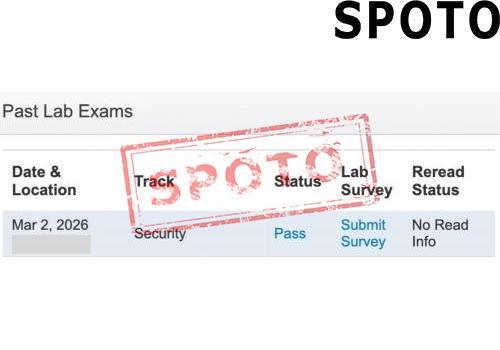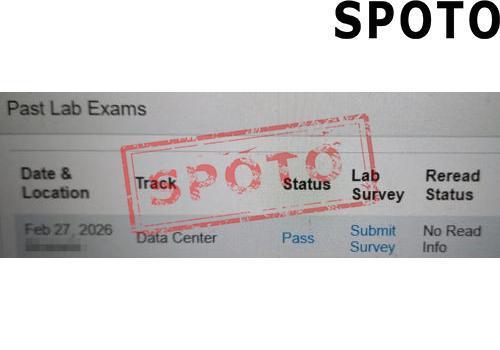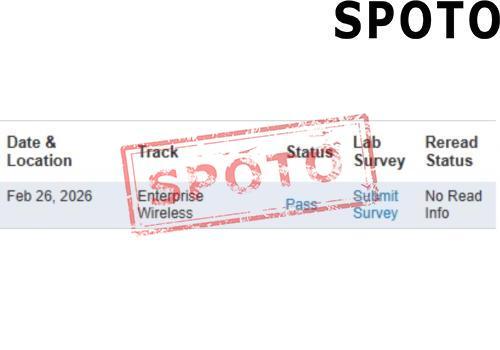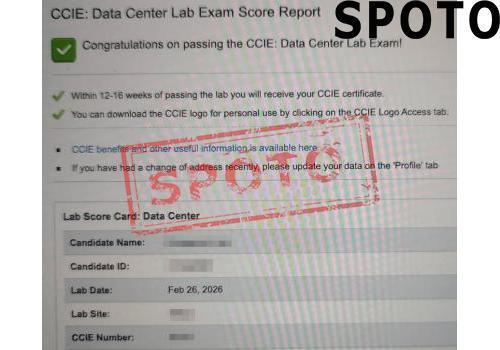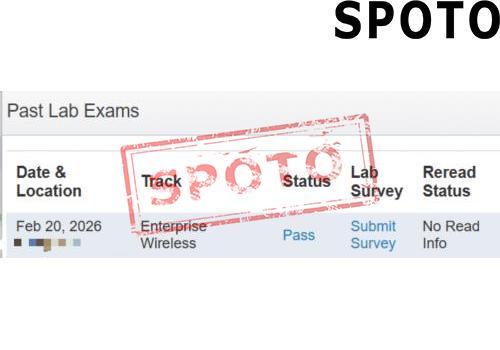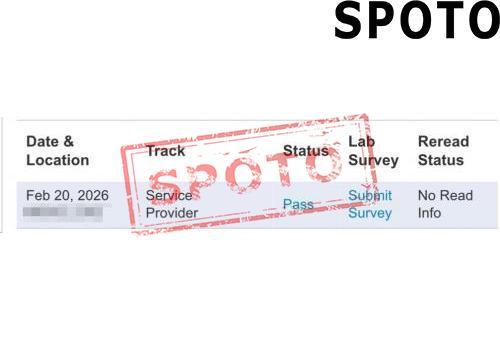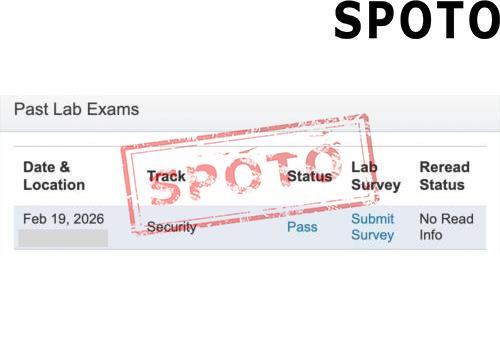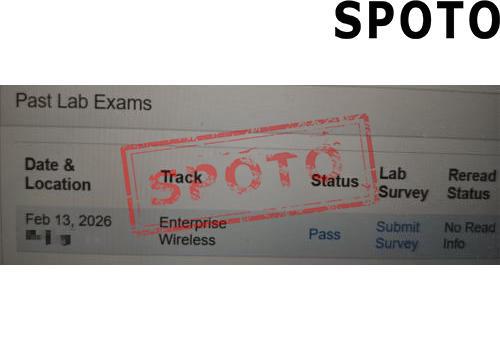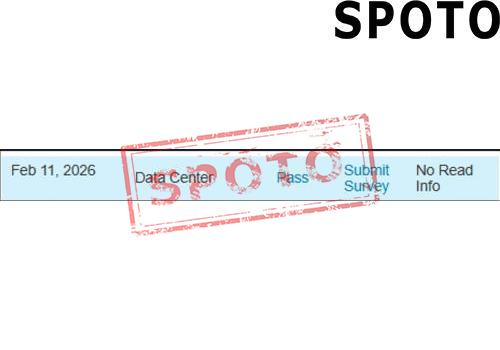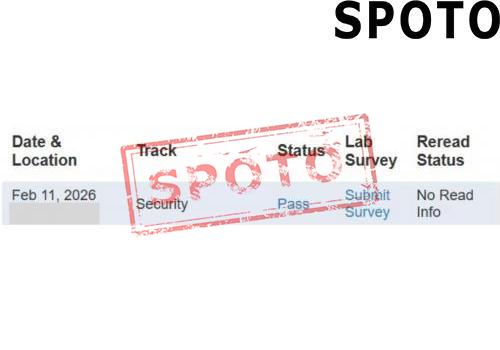
Table of Contents
- Why is CCIE Collaboration training crucial?
- What results can you expect from CCIE Collaboration training?
- Who needs to enroll?
- What will you learn from this course?
- Recertification
- What is the training program for the CCIE Collaboration?
- Understanding CCIE Collaboration
- The CCIE Collaboration Journey
- Benefits of CCIE Collaboration Certification
The Cisco CCIE Collaboration certification program verifies a person's proficiency in creating, implementing, configuring, and troubleshooting Cisco Collaboration and Unified Communications apps, networks, and hardware. It gets employed to ensure that experts have the abilities and information necessary to successfully operate and maintain Cisco Collaboration products. Cisco, Avaya, Microsoft, and Polycom are among the leading suppliers of this technology. These companies offer goods and services that help businesses create and keep up a safe, dependable, and productive environment for collaboration.
Why is CCIE Collaboration training crucial?
The connections between infrastructure, networking, and software are stronger. Applications provide fascinating new interactions, and with intent-based networking, businesses may benefit from automation to grow and protect their wireless networking infrastructure. Your options to aid in maximizing that potential are endless with CCIE Collaboration certification.
Among the most well-known and respected certifications in the field, CCIE makes it clear to everyone that you are knowledgeable in your field. You also receive recognition for your achievements along the route when you pass a CCIE certification core test and become a Cisco Specialist certified.
What results can you expect from CCIE Collaboration training?
You will learn and develop the following skills throughout CCIE Collaboration Training:
- Complex enterprise collaboration solutions: plan, design, and troubleshoot
- Addressing and resolving IP cooperation signaling protocols
- Design IP collaboration solutions that are dependable and efficient.
- Organize collaborative network infrastructures and service quality
- Design, implement, and resolve issues with the choice of audio and video codecs Endpoints and User Management
- Cisco Unified Contact Centre Express (UCCX) design, installation, and troubleshooting.
You will be qualified to apply for positions of Collaboration Architects, Voice and Video Network Architects, and Unified Communications Manager at well-known corporations.
Who needs to enroll?
Those who have passed the Implementing Cisco Collaboration Core Technologies (CLCOR 350-801) certification for network engineers. As a prerequisite for the CCIE Collaboration lab test version 3.1, this is the CCIE Collaboration written exam.
- Network engineers have a minimum of five to seven years' worth of experience professionally developing, implementing, running, and optimizing Cisco Collaboration technologies.
- To enable sophisticated collaboration technologies and topologies, network engineers must apply a problem-solving approach appropriate for experts that incorporates alternative analysis.
- Network designers that create and support sophisticated collaboration technologies and topologies.
- Students and professionals in information technology and related fields who want to expand their knowledge and get a globally recognized professional certification that will boost their employment chances.
What will you learn from this course?
- Implement and roll out fundamental collaboration and networking technologies, including endpoints, infrastructure, and design.
- Implement and roll out the Cisco IOS XE gateway, media resources, call control, Quality of Service (QoS), and more Cisco collaboration applications.
- Implement Cisco Unity Connection, Cisco Unified IM and Presence, and Cisco Unity Express.
- Globalized Dial Plan Replication, International Call Routing in conjunction with Cisco Extension Mobility, Routing calls using the Session Initiation Protocol's Uniform Resource Identifier (SIP/URI) and Call Admission Control.
- Signaling and media protocols call coverage and time-of-day routing for Cisco Unified Board Element Call deployments.
- How to make Cisco Mobile, remote access, authentication choices, and other Cisco Motorway Series features available.
- How to use collaborative technology to access safe, collaborative work environments and distant tasks include speech, content, video, and audio.
- Use Cisco Collaboration to implement automated, programmable voice, video, collaboration, and conferencing solutions on-premises.
Recertification
About you and your company, recertification is a crucial sign that you have kept up with technological developments and have shown your proficiency at the high standard required by the initial certification exam. There will be a three-year window for renewal for all certificates.
- to renew certification
- Pass one expert-level certification test.
- Pass any CCIE lab test.
- passing any three professional concentration tests
- Pass one of the technological core exams and one of the professional focus exams.
- If you follow the same road, you can also earn a CCNP certification.
- Completion of 120 Continuing Education Credits.
What is the training program for the CCIE Collaboration?
Course material for the CCIE Collaboration Certification is based on the Cisco Blueprint. It focuses on the following:
- APIs and Protocols
- Services and Infrastructure Quality
- Dial plan and call control
- Mobility, User Management, and Endpoints
- Service Edge
- Meetings, meeting materials, and call recording
- Collaboration Software
- Technologies Evolving v1.1
Understanding CCIE Collaboration
CCIE Collaboration is a top-tier certification offered by Cisco Systems, a global leader in networking and communication technologies. This program focuses on validating the expertise of professionals in designing, deploying, and managing advanced collaboration solutions. These solutions encompass various communication mediums, including voice, video, instant messaging, presence, and more.
The CCIE Collaboration certification is a testament to a professional's ability to integrate and troubleshoot complex collaboration systems, ensuring seamless communication within organizations. This certification is highly regarded in the industry and serves as a benchmark for employers seeking experts in the field of unified communications.
The CCIE Collaboration Journey
The journey towards becoming a CCIE Collaboration certified professional involves several rigorous steps:
- Written Exam: Candidates start by passing the CCIE Collaboration written exam, which tests their theoretical knowledge of collaboration technologies, design principles, and best practices. This exam serves as a qualifying step for the practical lab exam.
- Lab Exam: The practical lab exam is where candidates showcase their hands-on expertise. This exam assesses a candidate's ability to configure, troubleshoot, and optimize complex collaboration solutions in a real-world scenario. It demands an in-depth understanding of various technologies, protocols, and interactions.
- Comprehensive Expertise: CCIE Collaboration candidates must be proficient in various collaboration areas, including Cisco Unified Communications Manager, Cisco Unity Connection, Cisco Unified IM and Presence, Cisco Unified Contact Center Express, video conferencing solutions, and more. This holistic expertise ensures that certified professionals can handle diverse challenges in the collaboration landscape.
Benefits of CCIE Collaboration Certification
- Career Advancement: CCIE Collaboration is widely recognized and respected in the IT industry. Holding the certification opens doors to lucrative job opportunities, promotions, and leadership roles.
- Expertise Validation: Earning the CCIE Collaboration certification is a testament to a professional's dedication and expertise. It validates their skills in managing complex collaboration environments and solving intricate challenges.
- Industry Recognition: Cisco certifications are globally recognized and admired by employers. CCIE Collaboration holders are considered elite experts in their field, making them sought after by companies worldwide.
- Skill Diversification: The CCIE Collaboration program covers a broad spectrum of collaboration technologies. Certified professionals can handle diverse tasks, from designing communication architectures to troubleshooting network issues.
- Personal Growth: The journey to becoming a CCIE Collaboration certified professional is a challenging one that pushes individuals to expand their knowledge and refine their skills. This personal growth extends beyond the technical realm.
